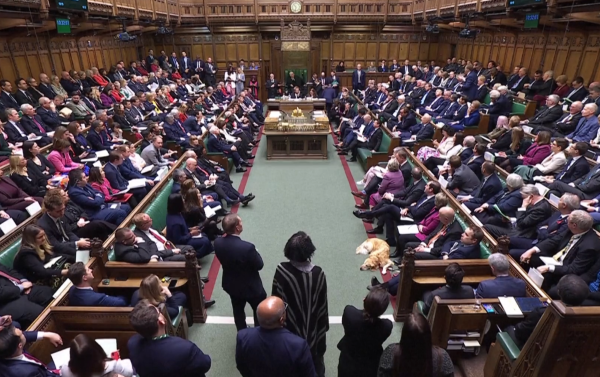November 29 2024: The British House of Commons approved an end-of-life bill for England and Wales on its second reading, 330–275. The bill still needs to pass through committees and other steps to achieve final approval. Interestingly, the bill was submitted as a private members bill, not by a government minister. Only by good luck in a random drawing was it chosen to receive a full debate and vote.

Two key features of the bill make it similar to medical-aid-in-dying laws in the U.S. — and different from related laws in Canada, Belgium, and the Netherlands. These are: (1) to be eligible, a patient must be expected to die within six months, and (2) the patient must self-administer the provided substance. However, the procedure is more complicated than in the U.S., with every case required to be reviewed by a judge.
Especially interesting is how the assistance is to be provided under the law. Rather than being based on medication only, there will be a list of “approved substances” that may be used. The list, which is to be specified by government regulations, may include “drugs and other substances”.
The law requires a doctor to be present during the assisted death. The doctor may “prepare a medical device which will enable that person to self-administer the substance” and may “assist that person to ingest or otherwise self-administer the substance”.
The law is clear that ingestion is not the only possible method of self-administering the substance. Thus, intravenous self-administration of a lethal drug (which is an established practice in Switzerland) seems to be well within the vision of the law. Other methods that exist or may be developed may also be available.
